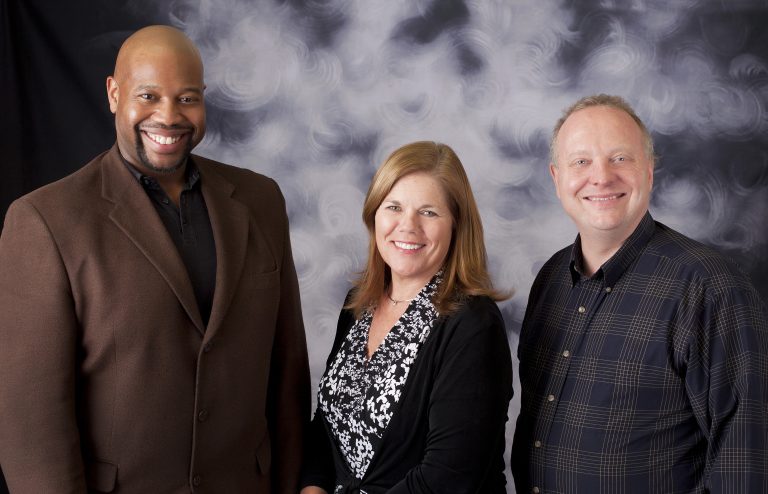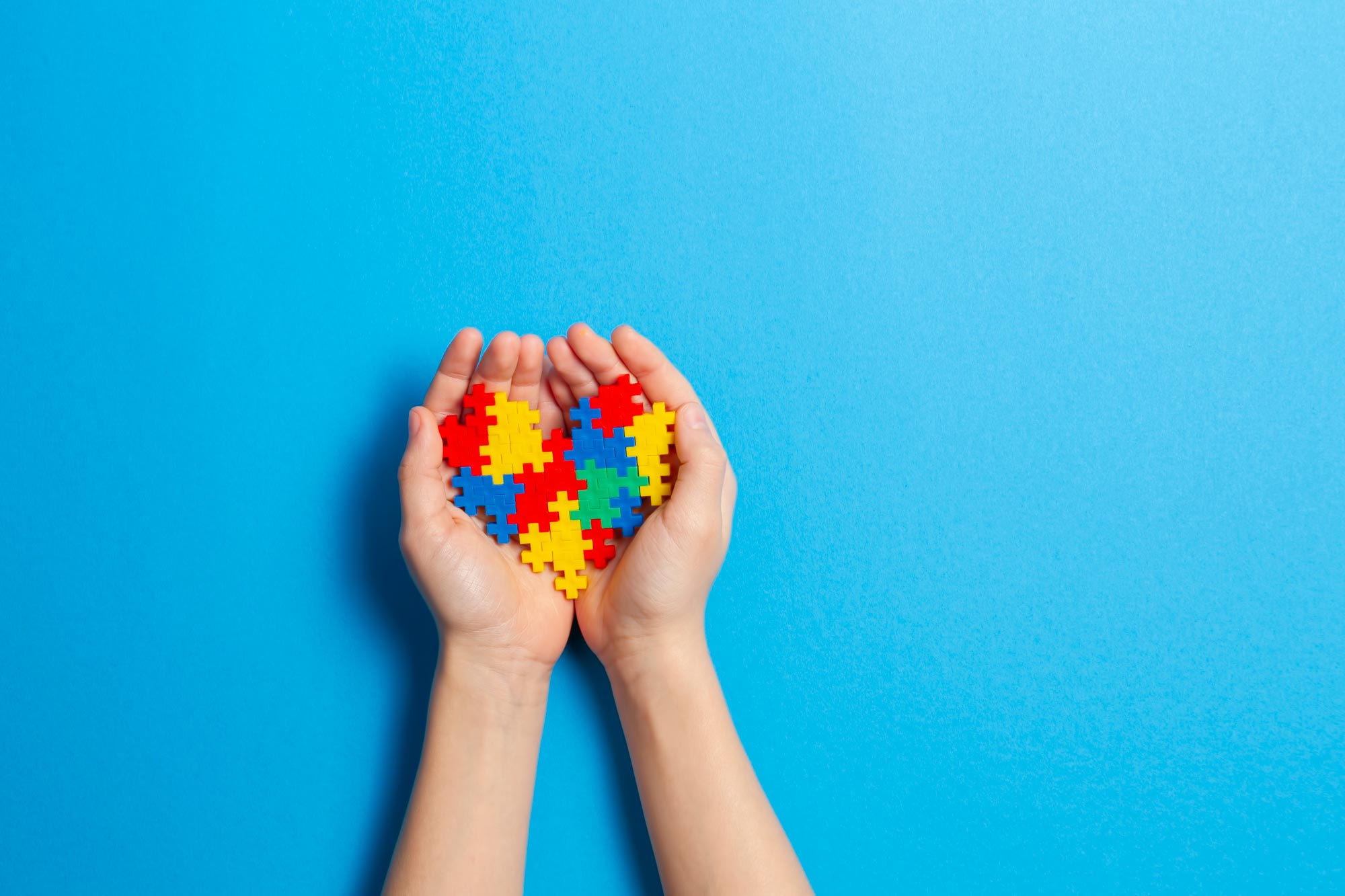Blog

By Dr. Aaron Ellington, PhD, LPCC-S, LICDC-CS
In today’s fast-paced world, the pressure to stay productive, available, and “on” 24/7 can take a serious toll. Whether you’re a student, parent, professional, caregiver, or all of the above, burnout can sneak up on anyone—and when it does, it can affect your health, relationships, and overall sense of well-being.
But burnout isn’t inevitable. With the right awareness and strategies, it can be identified early and even prevented altogether.
What Is Burnout?
Burnout is a state of emotional, mental, and physical exhaustion caused by prolonged or repeated stress; especially stress related to work, caregiving, or overwhelming responsibilities.
It’s not just “being tired.” Burnout involves feeling drained, disconnected, and often hopeless about your ability to cope or succeed.
Signs and Symptoms of Burnout
Burnout can show up differently for everyone, but common signs include:
Emotional & Mental Symptoms:
- Constant fatigue or lack of motivation
- Feeling cynical, detached, or emotionally numb
- Increased irritability or frustration
- Loss of interest in things you once enjoyed
- Trouble concentrating or making decisions
Physical Symptoms:
- Headaches or stomach issues
- Sleep problems (too little or too much)
- Changes in appetite
- Lowered immunity (getting sick more often)
Behavioral Signs:
- Withdrawing from responsibilities or people
- Decreased performance at work or school
- Using food, alcohol, or substances to cope
- Procrastination or avoidance
If these signs feel familiar, you’re not alone—and it’s not your fault.
Causes of Burnout
Burnout often stems from a combination of internal and external stressors, such as:
- Work overload or unrealistic expectations
- Lack of control over your schedule, duties, or goals
- Role conflict, especially in caregiving, teaching, or helping professions
- Perfectionism or people-pleasing tendencies
- Poor work-life balance
- Emotional exhaustion from constant caregiving or high-stress environments
Burnout doesn’t mean you’re weak, it means you’ve been strong for too long without the support or rest you need.
How to Prevent Burnout
Prevention isn’t about quitting everything; it’s about building habits and environments that protect your energy and mental health.
1. Set Boundaries
- Say no when your plate is full.
- Set “off hours” for work or emails.
- Protect time for rest, hobbies, and personal life.
2. Take Breaks—Real Ones
- Microbreaks during the day (5–10 minutes) help reset your brain.
- Use your vacation days; rest is not a luxury, it’s a necessity.
- Disconnect from screens during off time.
3. Practice Self-Compassion
- Stop judging yourself for needing a break.
- Speak to yourself the way you’d speak to a friend.
- Remember: productivity does not define your worth.
4. Stay Connected
- Talk to trusted friends, family, or a therapist.
- Avoid isolation; it tends to make burnout worse.
- Join communities or support groups if you’re in a high-stress profession.
5. Engage in Recovery Activities
- Prioritize sleep, nutrition, and movement.
- Make time for joy, play, and creativity; no guilt allowed.
- Try mindfulness, journaling, or yoga to regulate your nervous system.
When to Seek Help
If burnout has begun affecting your ability to function at work or home, or if it’s leading to depression, anxiety, or physical health concerns, professional support can make a huge difference. Therapists can help you build boundaries, reframe thought patterns, and recover your sense of balance and purpose.
Final Thoughts
Burnout doesn’t mean you’re failing—it means something in your environment or expectations needs to change. Identifying it early and taking small, intentional steps can help you recover before exhaustion becomes a crisis.
You deserve rest. You deserve support. And most importantly, you deserve to feel like yourself again.
Need Support? At Behavioral Health Services of Greater Cleveland, we help individuals identify and recover from burnout with compassionate, evidence-based care. Contact us today to take your first step toward healing and balance. Behavioral Health Services of Greater Cleveland has two locations: Rocky River and Medina. Please call (866) 466-9591 ext. 0 for an intake.
Related Posts
Founded in 2008, BHSOGC has delivered professional Psychology Services to the greater Cleveland area with offices in Medina and Rocky River. We are a multi-disciplinary group practice with a clinical staff of psychologists, licensed social workers and masters level therapists.




